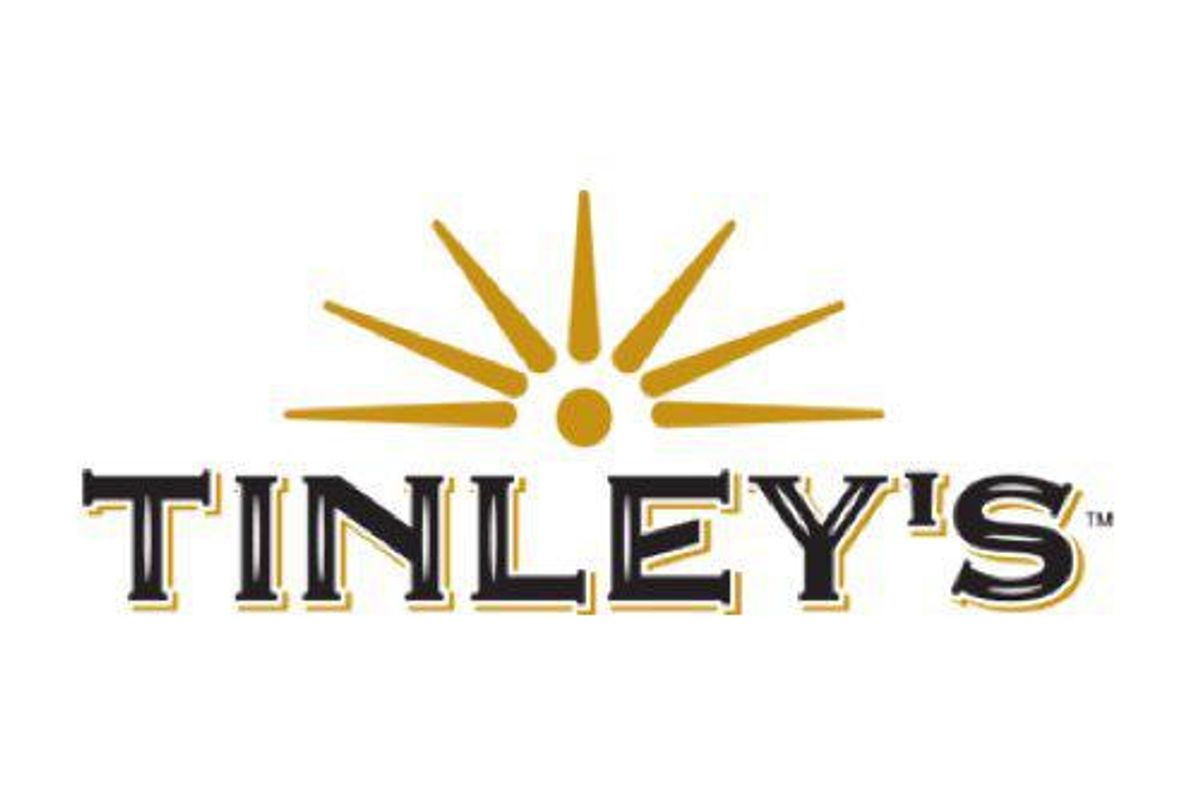The Tinley Beverage Company Inc. (CSE:TNY, OTC:TNYBF) ("Tinley's" or the "Company") is pleased to announce that Soma Beverage Company Inc.'s ("Soma") non-alcoholic craft-style "Hoppin' High Ride", developed in collaboration with the brew masters at BJ's Restaurants, Inc. ("BJ's"), will be produced without preservatives through a new closed-loop cannabis infusion and pasteurization process at Tinley's Long Beach facility.
Soma's new ‘THCeer's!' ‘High Ride' beverages, of which "Hoppin' High Ride'" is the first variety to launch, were conceived by the principals of Soma, a long-established cultivator of craft cannabis at scale. As they explored new consumable categories for craft cannabis growth, they naturally chose other long-stablished partners, similarly committed to craft at scale –- BJ's Restaurant & Brewhouse, craft brewers for 25 years and winners of 38 medals at the Great American Beer Festival.
Soma collaborated with two master brewers from BJ's to create their traditionally styled, non-alcoholic craft brews. Alex Puchner, BJ's original brew master and current Sr. VP of Brewing Operations, and Aaron Stueck, Director of R&D, applied their skills and experience to the challenge: removing the alcohol without impacting the freshness and complexity of flavours experienced with traditional craft brews. After two years of crafting, dealcoholizing, recrafting, and testing, Soma's cannabis infused ‘THCeer's!' ‘Hoppin' High Ride' is ready for production.
"We chose Tinley's to manufacture our first uniquely crafted infused product for launch in California," said Eric Cernich, Soma CFO. "The team in Long Beach is experienced in both large-scale CPG beverages as well as craft brewing. They share our deep commitment to quality and have engineered solutions that respect and protect the art and science behind these products. With Tinley's, we will bring to market authentic non-alcoholic craft brew experiences, THC-infused, and without added preservatives," he added.
"We are delighted to be on the road to producing Soma's ‘High Ride' at Lakewood," said Richard Gillis, President and COO, Tinley USA, Office of the CEO. "This innovative partnership between Soma and BJ's taps several new capabilities in our facility, including closed-loop intake and infusion, tunnel pasteurization to avoid added preservatives, and exacting control of product specifications-–all to help ensure consistent craft quality, THC potency and performance, and overall taste experience."
About Soma Beverage Company, Inc.
Soma Beverages was founded by expert cultivators of craft cannabis at scale. Soma works to identify and develop partnerships designed to drive the scaled growth in new categories of consumable cannabis. Soma's partnership with BJ's to create craft brewed infused beverages based on classic craft brew styles is soon-to-be quaffable evidence of Soma's strategy.
For more information on Soma, please visit www.thceer.com , or contact Eric Cernich, CFO, Soma Beverage Company, at thceer@gmail.com .
About BJ's Restaurants, Inc.
BJ's Restaurants, Inc. ("BJ's") is a national brand with brewhouse roots where craft matters. BJ's broad menu has something for everyone: slow-roasted entrees, like prime rib, BJ's EnLIGHTened Entrees ® including Cherry Chipotle Glazed Salmon, signature deep dish pizza and the often imitated, but never replicated world-famous Pizookie ® dessert. BJ's has been a pioneer in the craft brewing world since 1996, and takes pride in serving BJ's award-winning proprietary handcrafted beers, brewed at its brewing operations in five states and by independent third party craft brewers. The BJ's experience offers high-quality ingredients, bold flavors, moderate prices, sincere service and a cool, contemporary atmosphere. Founded in 1978, BJ's owns and operates 212 casual dining restaurants in 29 states: Alabama, Arizona, Arkansas, California, Colorado, Connecticut, Florida, Indiana, Kansas, Kentucky, Louisiana, Maryland, Massachusetts, Michigan, Nevada, New Jersey, New Mexico, New York, North Carolina, Ohio, Oklahoma, Oregon, Pennsylvania, Rhode Island, South Carolina, Tennessee, Texas, Virginia and Washington. All restaurants offer dine-in, take-out, delivery and large party catering.
For more BJ's information, visit https://www.bjsrestaurants.com or please contact Alex Puchner, SVP Brewing Operations, BJ Restaurants, Inc. at (714) 500-2400.
About The Tinley Beverage Company and Beckett's Tonics
The Tinley Beverage Company Inc. (CSE:TNY; OTC:TNYBF,) manufactures the Beckett's Classics™ and Beckett's 27™ line of non-alcoholic, terpene-infused spirits and cocktails. Beckett's products are available in mainstream food, beverage, and specialty retailers, as well as online, across the United States as well as in grocery and specialty stores in Canada. Cannabis-infused versions of these products are offered under the Tinley's™ brand in licensed dispensaries and home delivery services throughout California, with expansion to Canada underway. Tinley's facility in Long Beach California contains some of the state's most versatile and technologically advanced cannabis-licensed beverage manufacturing equipment and provides manufacturing services for third-party brands in addition to Company-owned brands. Please visit www.drinkbecketts.com, www.drinktinley.com , Twitter and Instagram (@drinktinleys and @drinkbecketts) for recipes, product information and home delivery options.
Forward-Looking Statements
This news release contains forward-looking statements and information (collectively, "forward-looking statements") within the meaning of applicable Canadian securities laws. Forward-looking statements are statements and information that are not historical facts but instead include financial projections and estimates, statements regarding plans, goals, objectives, intentions and expectations with respect to the future business, operations, expansion to additional jurisdictions, , and phrases containing words such as "ongoing", "estimates", "expects", or the negative thereof or any other variations thereon or comparable terminology referring to future events or results, or that events or conditions "will", "may", "could", or "should" occur or be achieved, or comparable terminology referring to future events or results. Factors that could cause actual results to differ materially from any forward-looking statement include, but are not limited to, delays in obtaining or failures to obtain required governmental, environmental, or other project approvals, political risks, uncertainties relating to the availability and costs of financing needed in the future, changes in equity markets, inflation, changes in exchange rates, fluctuations in commodity prices and delays in the development of projects. Forward-looking statements are subject to significant risks and uncertainties, and other factors that could cause actual results to differ materially from expected results. Readers should not place undue reliance on forward-looking statements. These forward-looking statements are made as of the date hereof and the Company assumes no responsibility to update them or revise them to reflect new events or circumstances other than as required by law. Products, formulations, and timelines outlined herein are subject to change at any time.
For further information, please contact:
The Tinley Beverage Company Inc.
Ted Zittell
(310) 507-9146
relations@drinktinley.com
Twitter: @drinktinleys and @drinkbecketts
Instagram: @drinktinleys and @drinkbecketts
www.drinktinley.com
CSE:TNY; OTC:TNYBF
A photo accompanying this announcement is available at https://www.globenewswire.com/NewsRoom/AttachmentNg/24a3ae7c-4f60-41e0-b327-7ab7c599f7ec


